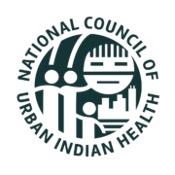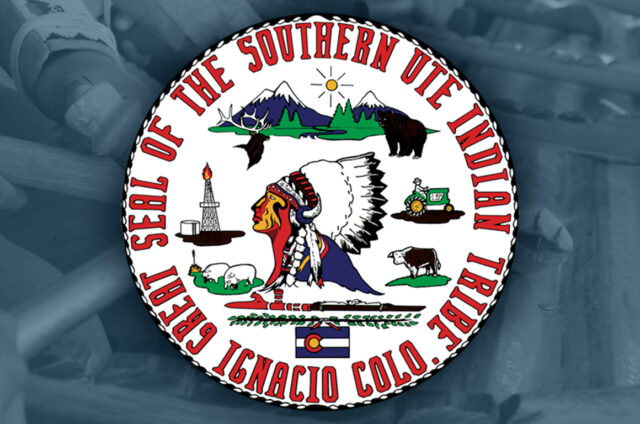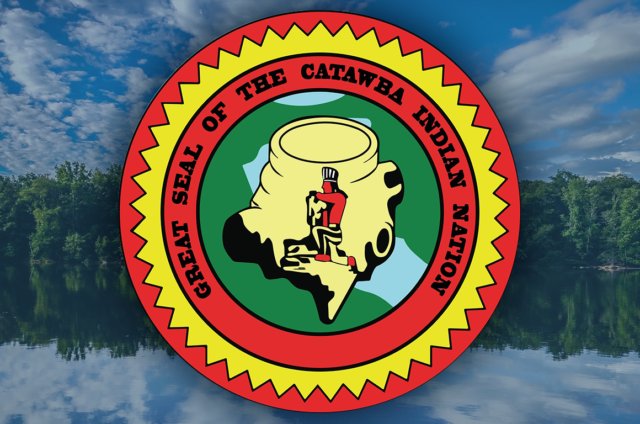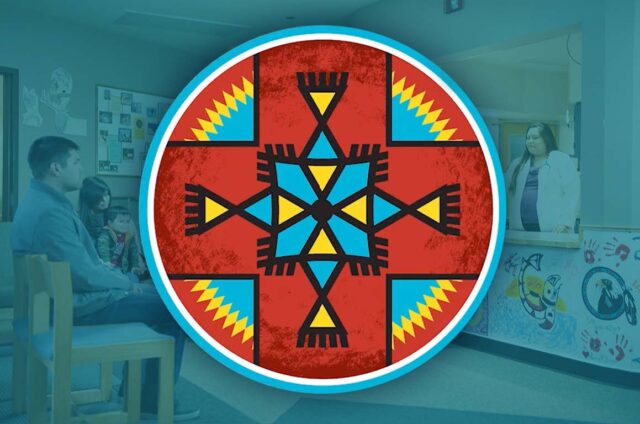Indian Health Care Delivery System
The Indian health care delivery system is complex, as a result of the unique government-to-government relationship between tribes and the United States. Its formation is rooted in the U.S. Constitution, treaties, executive orders, and a myriad of laws, rules, and regulations. It requires an understanding of the interconnectedness between the tribal, federal, state, and local, jurisdictions, in addition to private and nonprofit entities engaged in health care.
While Indigenous people experience significant health disparities when compared to the general population, they are tremendously resilient, with their culture serving as a foundation to healing and recovery. KAI has extensive expertise working with tribes and urban Indian health organizations, as well as many other health care entities, including tribal authorities from the Public Law 93-638 Indian Self-Determination and Education Assistance contracts and compacts. KAI has experience providing education in meaningful engagements with others working in Indigenous communities with culturally appropriate techniques.
Download Our CapabilitiesServices
Integration of
Traditional Practices
Identifying promising practices for how to effectively integrate tradition and culture into systems of care to achieve improved health outcomes.
638 Contracting/ Compacting
Assisting tribes to exert sovereign authority in the administration of tribal health programs.
Medicaid Rate
Enhancement
Supporting tribal residential SUD facilities in the development of cost-based per diem rates through Medicaid.
Our Clients





Case Studies
Change is only possible when there is cooperation and commitment. We partner with communities to leverage culture and resilience to affect change in Indian Country.

Comprehensive Strategy for SUD Programming
Southern Ute Indian Tribe

Strategy for Tribal Behavioral Health Department
Catawba Indian Nation
